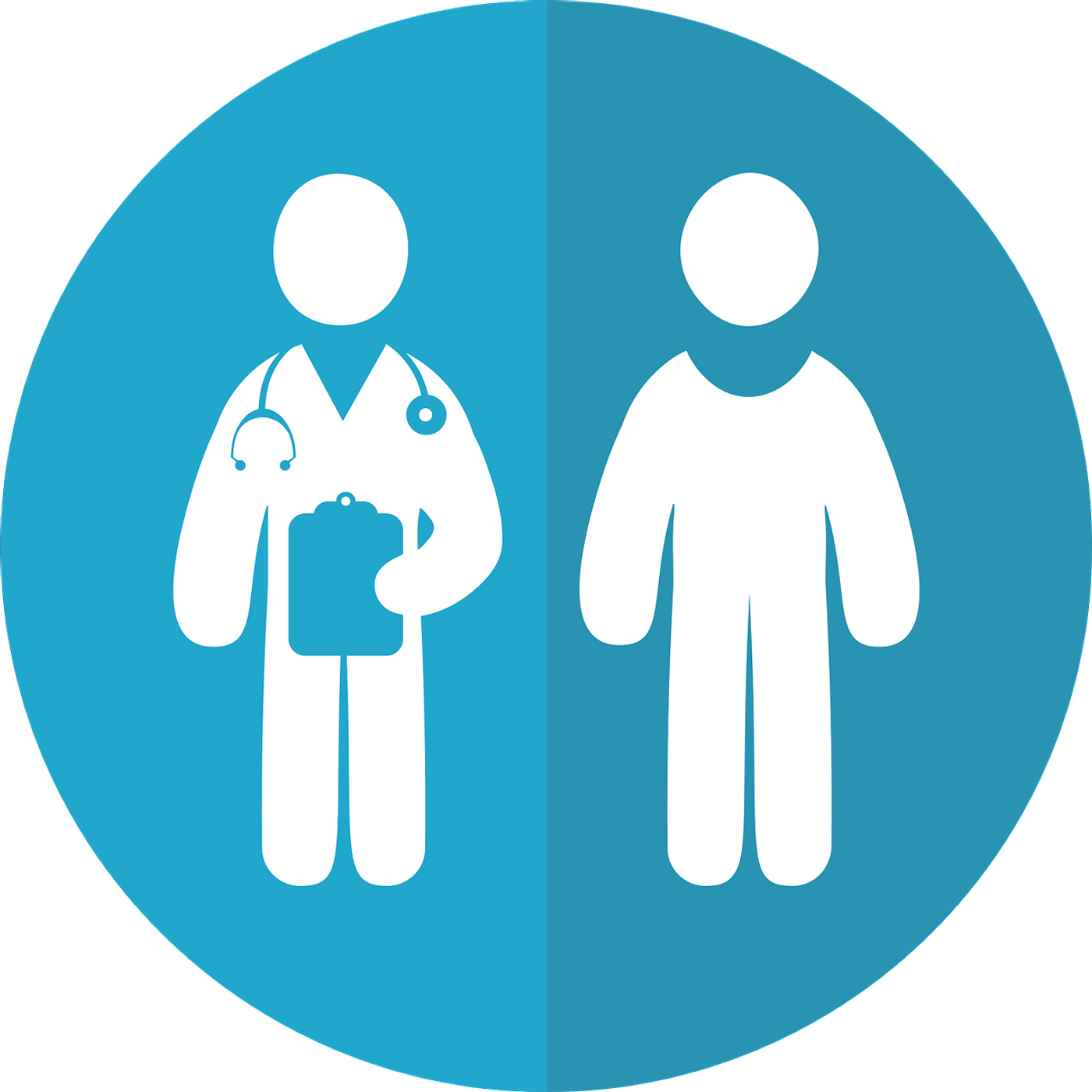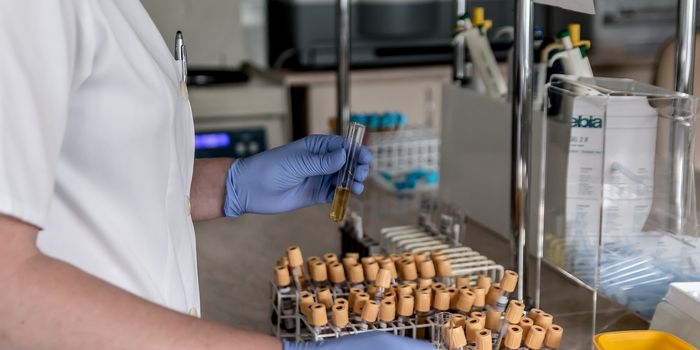Clinical Trial Overview: The Phases of Clinical Trials
Last week we talked about different types of clinical trials used to evaluate new treatments, screening, and diagnostic tools, or preventative strategies. In the second article in this series summarizing clinical trials, we will explore the meaning of another term you may often see when reading about cancer research: “phase.”
Cancer clinical trials occur in progressive phases, typically 1 through 3, each asking different questions about a new drug, regimen, or procedure.
Phase 1 clinical trials ask if the new approach is safe. These trials evaluate the safety of a drug or procedure and note any toxicities or side effects associated with use. In addition, phase 1 trials can access the optimal dose, schedule, or timing of the intervention under investigation. These studies typically involve a small number of patients, and when investigating a drug, increasing doses may be administered to small subsets of participants if doctors observe minimal side effects.
Phase 2 clinical trials ask if the new approach works. Researchers can conduct phase 2 clinical trials following successful phase 1 results. In fact, doctors will apply findings collected during a phase 1 trial, such as the dose and schedule of a drug intervention, when developing a phase 2 trial. These studies apply the intervention to cancer patients to determine if it affects a specific cancer type. Phase 2 clinical trials may investigate factors such as tumor cell death or changes in the infiltration of immune cells to the tumor site.
After positive phase 1 and 2 trials, phase 3 clinical trials ask if the new approach works better than the currently used approach. Phase 3 clinical trials test the intervention under study compared to the current standard of care. Researchers may evaluate endpoints like overall survival and disease-free survival in phase 3 clinical trials.
Most clinical trials receive a phase 1, 2, or 3 characterization; however, occasionally, you may see reference to other phases. Phase 0 clinical trials describe studies involving a small number of patients to determine the feasibility of a phase 1 investigation. Phase 4 clinical trials refer to studies investigating long-term safety and efficacy and typically follow participants long after the intervention has ended. Some trials, called phase 2b clinical trials, help investigators gain additional information to support a phase 3 trial.
Stay tuned! Next week we will discuss the procedures doctors use to determine which patients can enroll in a particular clinical trial, a concept known as eligibility.
Sources: Science Transl Med









